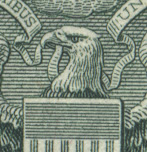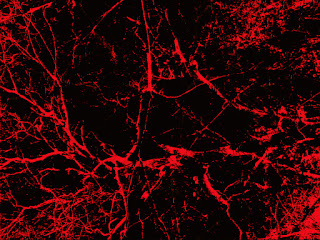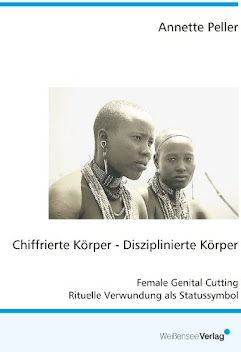Conspiracy Beliefs (6) - Echos & Bubbles
Echos & Bubbles
In-peer groups and echo chambers
Followers
of conspiracy myths tend to gain their most valued information from in-peer
groups. As we all understand, this must necessarily lead to (biased) information
bubbles and opinion-sustaining echo chambers. Furthermore, such bubble chambers
make it easy to express even strange and violent opinions and directly or
indirectly encourage people to engage in violent actions (without remorse). Of
course, there is no necessity for fact checking outside their echo chambers since
the group opinion is correct. People in such (socially binding) in-peer groups
and echo chambers tend to polarize their opinion even further. And this makes the increasingly prone for
Fake News due their confirmation and conformity bias (a really vicious circle).
But wait,
why should I be concerned in the first place? Is my in-peer group not more
important then whatever is called truth? Well, if you ask me, I will stick to
my peers. I don’t care if I’m accused being a digital tribalist. It’s like in
olden times: no truth saves you from
wild animals or violent onslaught from other groups - only your group offers
you protection and strength, so stick with it.
Echo-chambers
are super-spreaders of biased information – and unless you wear a warning app –
you will be a victim of their (deadly) virus.
Filter bubbles
Search
engines may provide you with personalized information. Based on your past
internet surfing (cookies et. al) they ‘know’ what interests you the most and
will provide you with information you expect to receive from your search. Of course,
this will solidify your current world view (confirmation bias) - and since your
clicks generate revenue … hey, who wants to change all this? Now, to be accurate,
search engines may not do this (anymore), because they show different results as well that the ardent
reader could select to read - but may not do so because it would lead to
cognitive dissonance (which is much feared).




Comments
Post a Comment